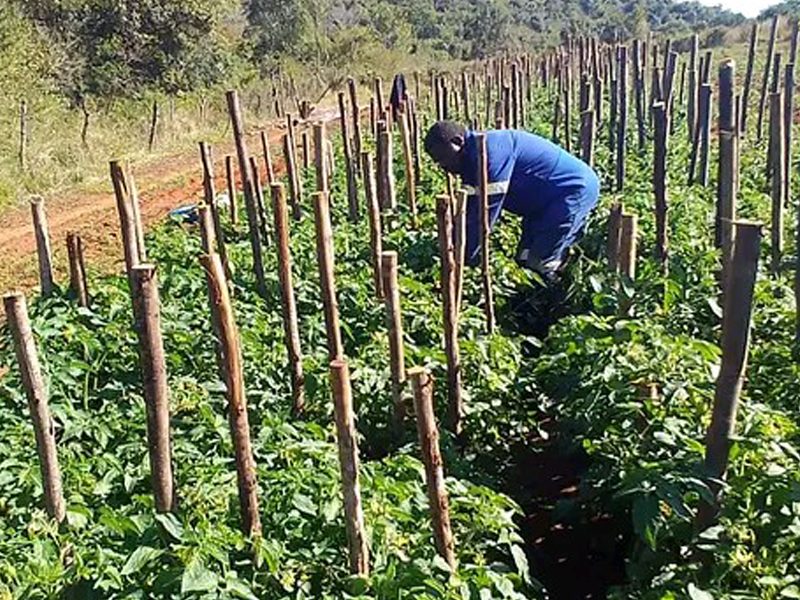
The world is rapidly running out of farmable soil. What’s left has been rendered toxic with pesticides and overfarmed, resulting in produce that is low in nutrition at best, and poisonous at worst. The impact on food supply is potentially devastating, as recent studies have found that high-yield staple crops such as potatoes and tomatoes have experienced nutrient density losses of 25 to 50 percent over the last 50 years. This project with BGR partner Ecology Action is supporting an internship program for African and South American educators who want to teach the sustainable agricultural Grow Biointensive method to help farmers grow more food using fewer resources. Using only one-fifth of the water as conventional agriculture, the method can grow a complete diet for a household in 2,000 square feet. After completing the training program, interns are Certified Teachers and return home to train farmers in their local communities. The four interns participating in this year’s project are expected to train 2,000 smallholder farmers in the first year following completion of their internship.

The world is rapidly running out of farmable soil. What’s left has been rendered toxic with pesticides and overfarmed, resulting in produce that is low in nutrition at best, and poisonous at worst. The impact on food supply is potentially devastating, as recent studies have found that high-yield staple crops such as potatoes and tomatoes have experienced nutrient density losses of 25 to 50 percent over the last 50 years. This project with BGR partner Ecology Action is supporting an internship program for African and South American educators who want to teach the sustainable agricultural Grow Biointensive method to help farmers grow more food using fewer resources. Using only one-fifth of the water as conventional agriculture, the method can grow a complete diet for a household in 2,000 square feet. After completing the training program, interns are Certified Teachers and return home to train farmers in their local communities. The four interns participating in this year’s project are expected to train 2,000 smallholder farmers in the first year following completion of their internship.




